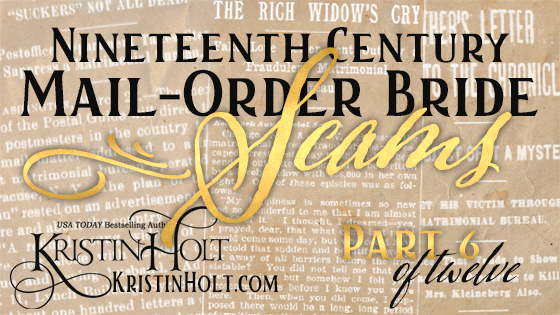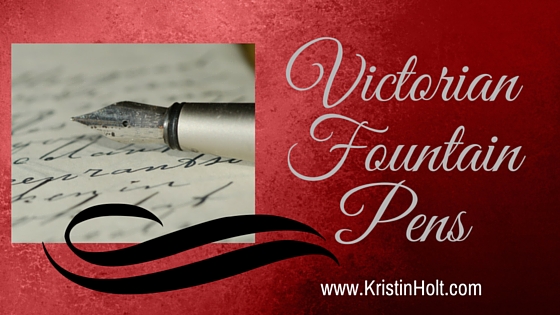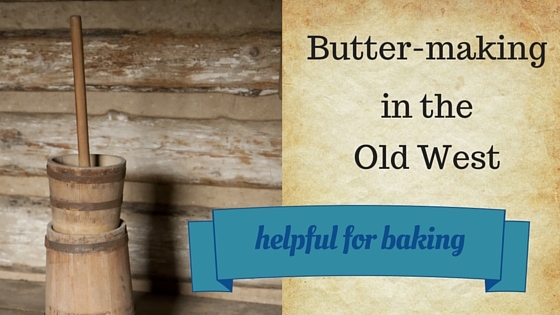
by Kristin Holt | Feb 26, 2016 | Articles
Detective Clifton R. Wooldridge made a difference on the streets of wicked Chicago at the turn of the 20th century. Some of the 100 fraudulent matrimonial agencies he shut down are captured in newspaper articles from the era. A significant scam involving Mail-Order Brides, mentioning Detective C.R. Wooldridge is featured in this article.

by Kristin Holt | Feb 17, 2016 | Articles
A man with two wives (neither knows about the other) seeks yet two more, entirely to swindle them of their means. This 1899 tale is so well worth reading.
Franks, as he presents himself on the West Coast, in the middle of defrauding women through multiple marriage agencies is scammed, himself, by a wealthy widow in demand of a expensive courtship.
Amateur historians will find myriad details worth noting, such as the communication of chiefs of police, use of the term “dead beat,” laws on the books, and so much more.

by Kristin Holt | Jan 9, 2016 | Articles
“In the late 19th century Gilded Age, wealthy individuals had finely appointed private cars custom-built to their specifications. Additionally many cars built by Pullman, Budd, and other companies that were originally used in common carrier service as passenger cars were later converted to business and private cars. There are various configurations, but the cars generally have an observation platform, a full kitchen, dining room, state room, an observation room, and often servant’s quarters.”

by Kristin Holt | Nov 6, 2015 | Articles
Fountain pens have made a comeback. They’re popular today–but ever wondered when they were invented? Or whether Victorians used them…or still dipped pen nibs in ink bottles? What about the fancy handwriting we see from the Victorian Era? Did you know special business schools taught students proper penmanship for business purposes? This article covers it all.

by Kristin Holt | Oct 26, 2015 | Articles
Old West homemakers churned their own butter as part of a time-intensive process. Churning butter depends upon much more than simply agitating cream–temperature matters. Can you imagine trying to churn butter on a bitterly cold day or in the heat of the summer when the process depended upon a narrow range of temperatures?













